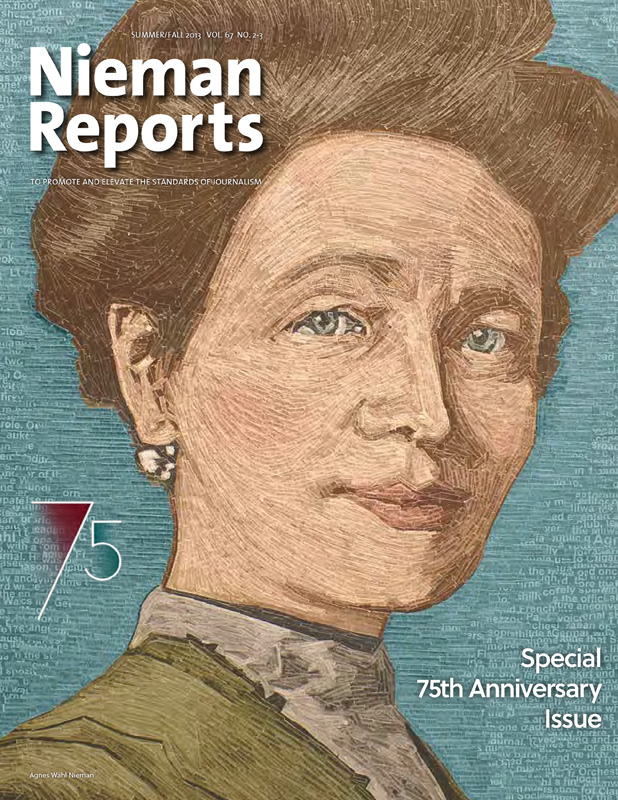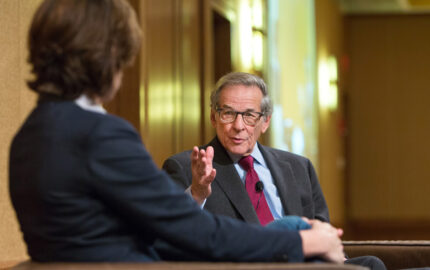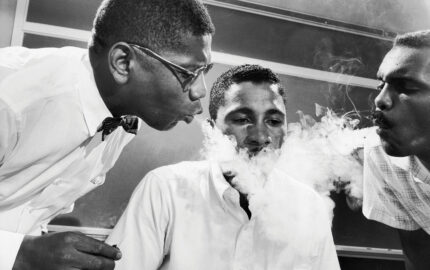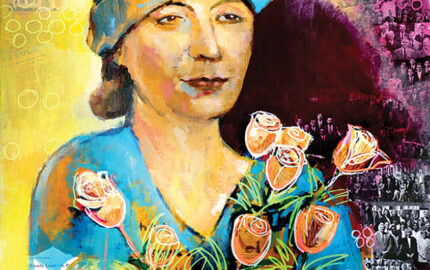Alves holds the Knight Chair in International Journalism at the University of Texas at Austin. He arrived in academia after more than a decade as a foreign correspondent
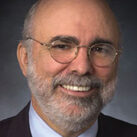
I came to my Nieman year with a promise from my editor that after Madrid, Buenos Aires, Mexico and a second tour in Buenos Aires, I would finally be sent to Washington, D.C. at the end of my Fellowship. My dream at the time was to become a Washington correspondent for Jornal do Brasil. I was tired after almost a decade of covering crises, coups, wars and earthquakes in Latin America, so I used my time at Harvard to get ready for Washington.
I studied American politics. My dream of finally having a bureau chief position in the First World came through, but I found it boring. It did not take much time for me to miss covering the crises, coups, wars and earthquakes. I left my heart in Latin America but found another passion, a surprising one, during my Nieman year.
Andrew Lippman visited our class just a couple of years after co-founding the Massachusetts Institute of Technology’s Media Lab. I was fascinated by Andy’s predictions about the huge impact digital technologies would have on the media industry. In Washington I was always looking for signs of the upcoming revolution, mesmerized by my new laptop computer, Compuserve’s online service, the brick-sized cellphones, the Bloomberg terminals, the Lexis-Nexis database, the fax machine.
When I returned to Rio as an editor in 1991, I launched the first Brazilian computer-based, real-time financial news service. In early 1995, I launched the first Brazilian Web edition of a newspaper. I brought that passion back to the U.S. in 1996 when I moved to Austin and started the University of Texas’s first course on online journalism, created a global conference on the topic, and became a digital newsroom evangelizer.
